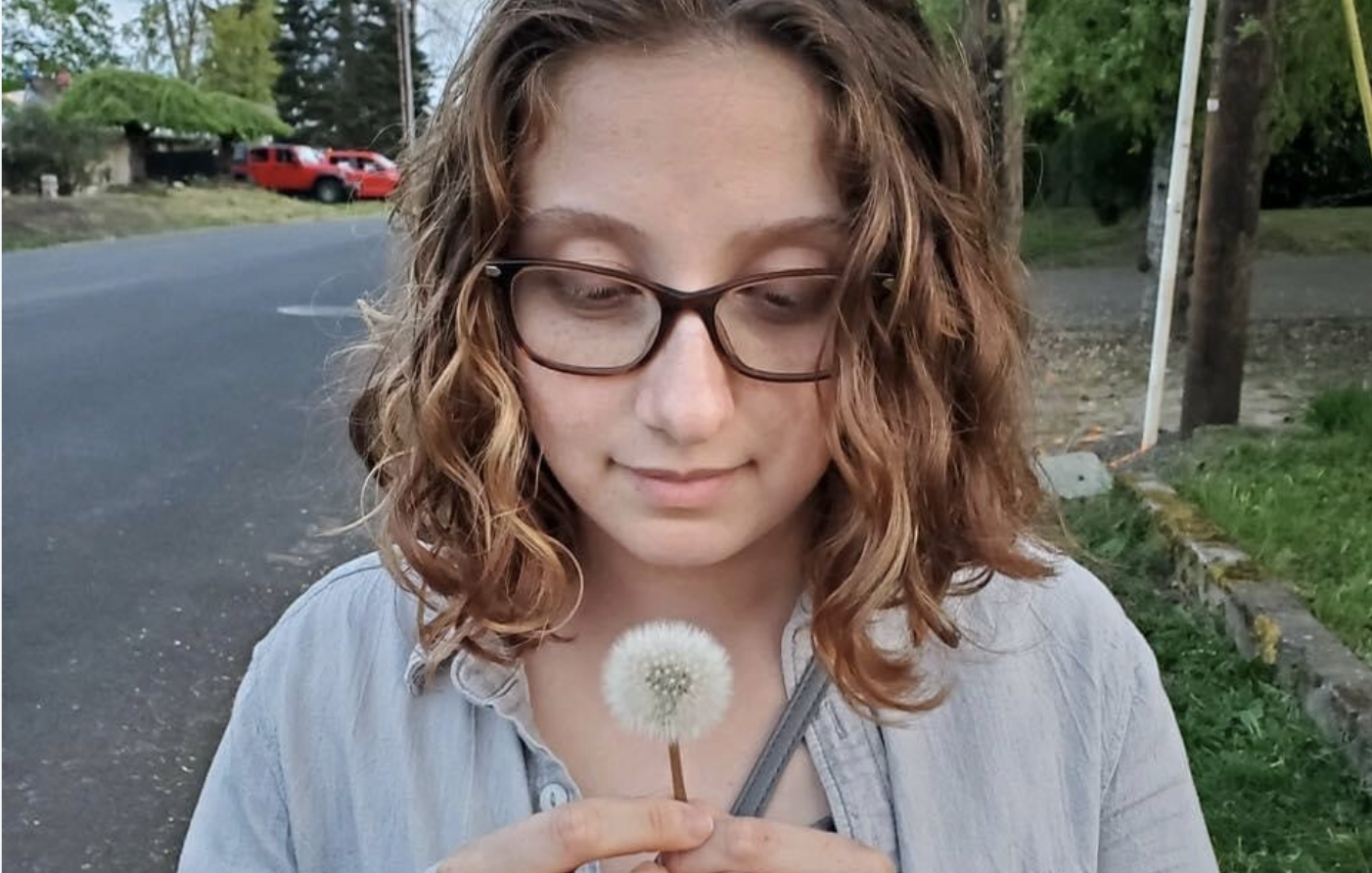In September 2020, LEARN convened a group of neurodivergent staff to form our Neurodivergent Advisory Committee. The committee reviews and gives feedback on matters relating to neurodiversity and other person-centered ABA topics and was instrumental in the content, messaging, and visual design of LEARN’s Neurodiversity Values Statement. We asked Ash Franks, a member of the Neurodivergent Advisory Committee, to share her thoughts with us.
HI, ASH! FIRST, I’D LIKE TO ASK YOU WHAT IT MEANS TO YOU TO BE AN AUTISTIC PERSON SUPPORTING OTHER AUTISTIC PEOPLE?
Supporting other autistic people while being autistic means listening to what they have to say, however they communicate it, whether it be through an AAC device, sign language, PECS, or verbal language. It also means giving them breaks if they need it, and allowing them to use tools to cope (e.g. stuffed animals, headphones, weighted blankets, etc.). Looking back on my experiences as an autistic child has been very helpful in trying to help children who are at AST.
HOW DOES BEING AUTISTIC INSPIRE YOUR WORK IN ABA?
Being autistic allows me to see different perspectives and ideas compared to neurotypical people, as they tend to think differently than I do.
TELL US A LITTLE BIT ABOUT THE NEURODIVERGENT ADVISORY COMMITTEE AND HOW IT WORKS.
Basically, we are trying to re-vamp ABA materials through a more neurodivergent-friendly lens, so we can make our treatment as effective as possible. Having autistic people and other neurodivergent people look at ABA therapy through their eyes allows them to explain what works and what doesn’t work. This way, we can work to have treatment be as effective, safe, and as fun as possible for everyone involved. Having BCBAs see the autistic perspective is important because we have direct experience with what worked for us growing up versus what didn’t and might be able to help streamline the treatment to be as effective as possible.
CAN YOU GIVE ME AN EXAMPLE OF SOME FEEDBACK YOU HAVE GIVEN IN YOUR ROLE ON THE COMMITTEE?
I tend to give feedback on the more artistic and creative side of things, as I am very geared towards having an eye for creative things in the world.
FROM YOUR PERSPECTIVE, WHY IS IT SO IMPORTANT TO INCLUDE AUTISTIC PERSPECTIVES IN OUR FIELD?
Including autistic people in ABA is super important because we need to account for neurodivergent perspectives to make treatment as effective as possible. Since I am autistic, I can give a firsthand account of what has personally worked for me throughout my life, and what hasn’t. I myself was never in ABA therapy growing up, but I did other types of therapies that I also have found helpful from time to time.
WHAT ARE SOME OTHER PLACES IN OUR SOCIETY THAT YOU THINK IT WOULD BE HELPFUL TO LISTEN TO THE AUTISTIC PERSPECTIVE?
I think listening to autistic perspectives in the workplace would be very helpful. I think having a quiet room for staff that has sensory toys specific for staff would be very helpful, also maybe including a comfy place to sit with a weighted blanket would be good too. Another place it would be helpful to listen to autistic people is when it comes to shopping at malls, since malls can be overwhelming for most autistic people. I know some stores have “quiet” shopping hours where they reduce the lighting and turn off the music, and I really wish more places would do this.
ASH, THANK YOU FOR YOUR THOUGHTS AND FOR THE EXCELLENT WORK YOU’RE DOING ON THE NEURODIVERGENT ADVISORY COMMITTEE!
Ash Franks is a Behavior Technician for Learn Behavioral. Ash works in AST’s Hillsboro, Oregon location. Outside of work, she enjoys photography, cooking, video games, and spending time with family and friends.




